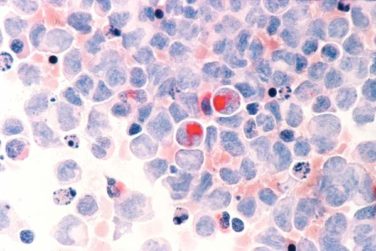Drastic steps may be needed to rein in unhealthy American dietary habits and create a national “culture of health” that discourages preventable diseases, the 2015 Dietary Guidelines Advisory Committee recommended in a report submitted for review to the Secretaries of the U.S. Department of Health & Human Services and the U.S. Department of Agriculture.
The average American diet does not meet recommendations for vegetables, fruit, dairy, or whole grains, and exceeds recommendations for sodium, saturated fat, refined grains, solid fats, and added sugars, according to the advisory committee. The report recommended that the general population consume less than 2,300 mg of dietary sodium per day, less than 10% of daily calories from saturated fat, and a maximum of 10% of daily calories from added sugars.
The report placed special emphasis on “persistent, prevalent, preventable health problems,” such as obesity, cardiovascular disease, and type 2 diabetes. In order to reduce the burden of chronic disease morbidity and mortality (and also reduce health care costs), health programs will ultimately need to ensure that citizens are provided with the knowledge and tools required to improve the quality of their diet.
“These actions will require a paradigm shift to an environment in which population health is a national priority and where individuals and organizations, private business, and communities work together to achieve a population-wide ‘culture of health’ in which healthy lifestyle choices are easy, accessible, affordable, and normative,” the authors wrote.
The Dietary Guidelines Advisory Committee is a panel of 18 experts assembled to review and improve upon 2010’s Dietary Guidelines for Americans and develop recommendations for the 2015 edition. The HHS and USDA will review the report and begin the process of updating the guidelines in order to inform the 2015 edition of the Dietary Guidelines for Americans, due to be finalized later this year.
Although healthy dietary patterns like the Mediterranean diet can go a long way, health care professionals may want to directly counsel patients on eating well and avoiding chronic health problems. Medical professionals should “embrace a new leadership role in prevention,” the authors recommended.
The public is encouraged to view the independent advisory group’s report and provide written comments at www.dietaryguidelines.gov for a period of 45 days after publication in the Federal Register.




